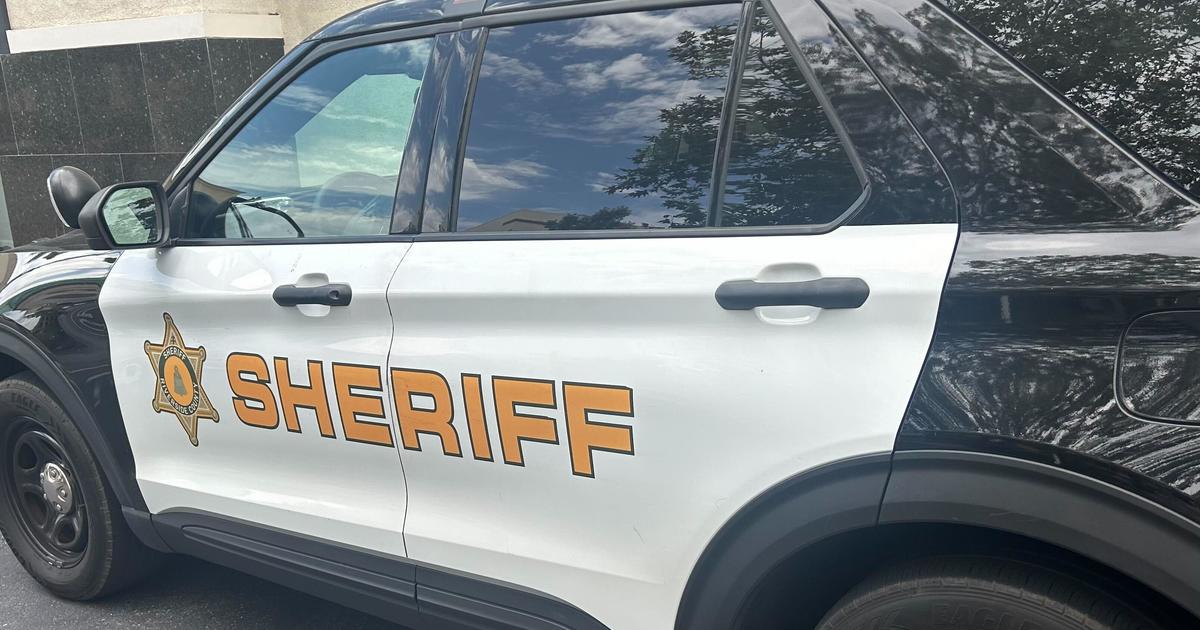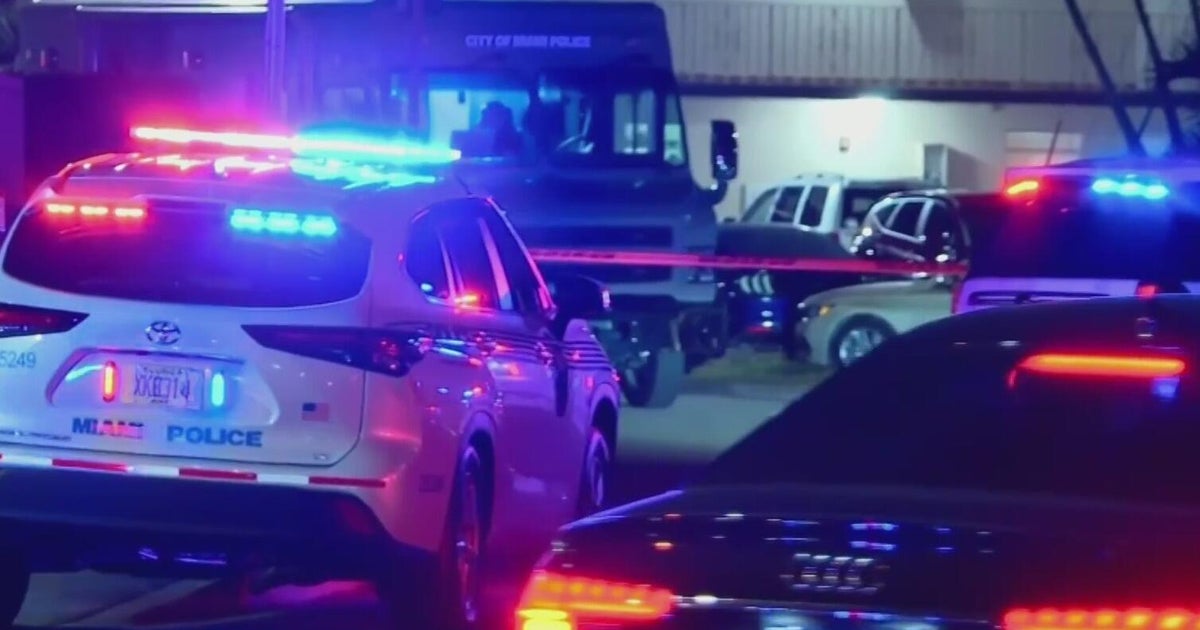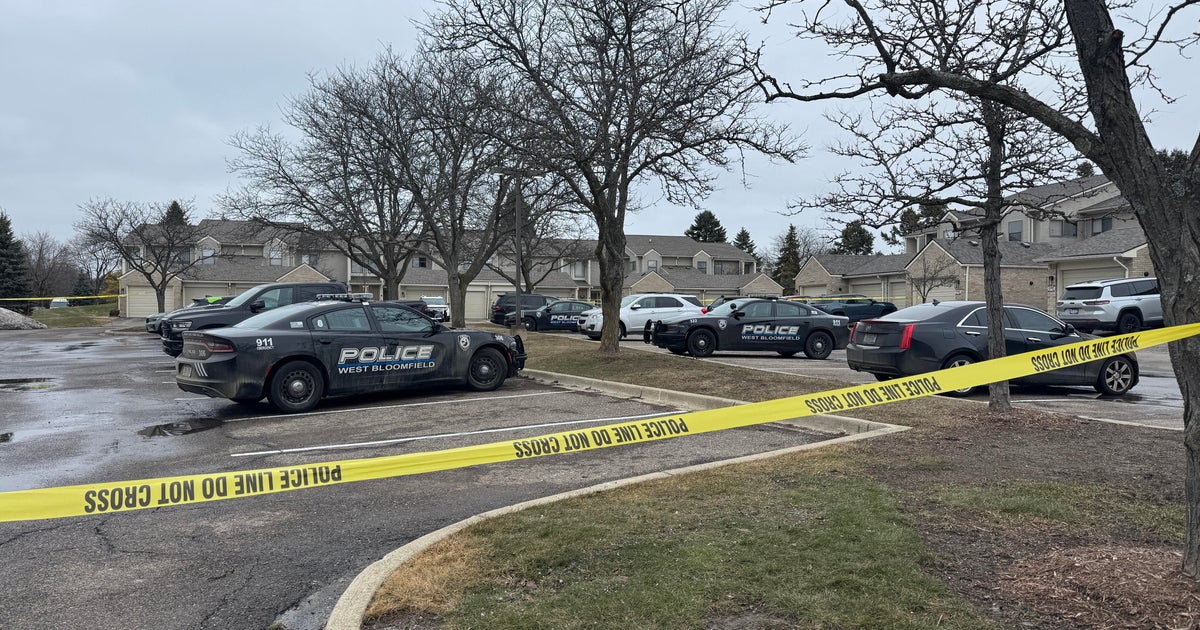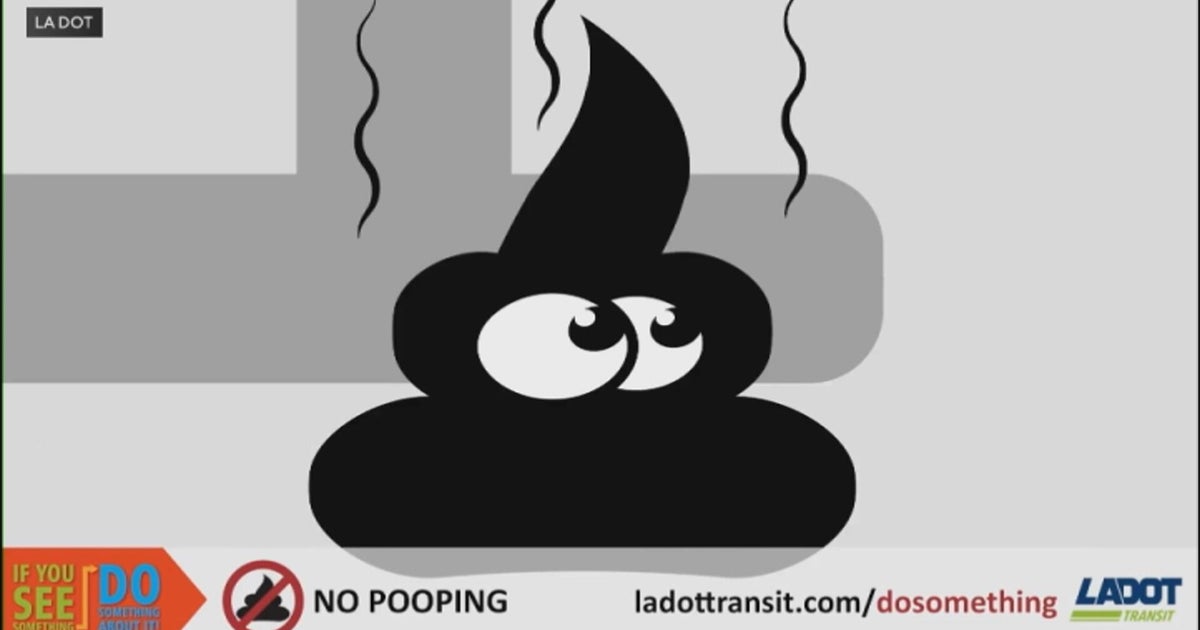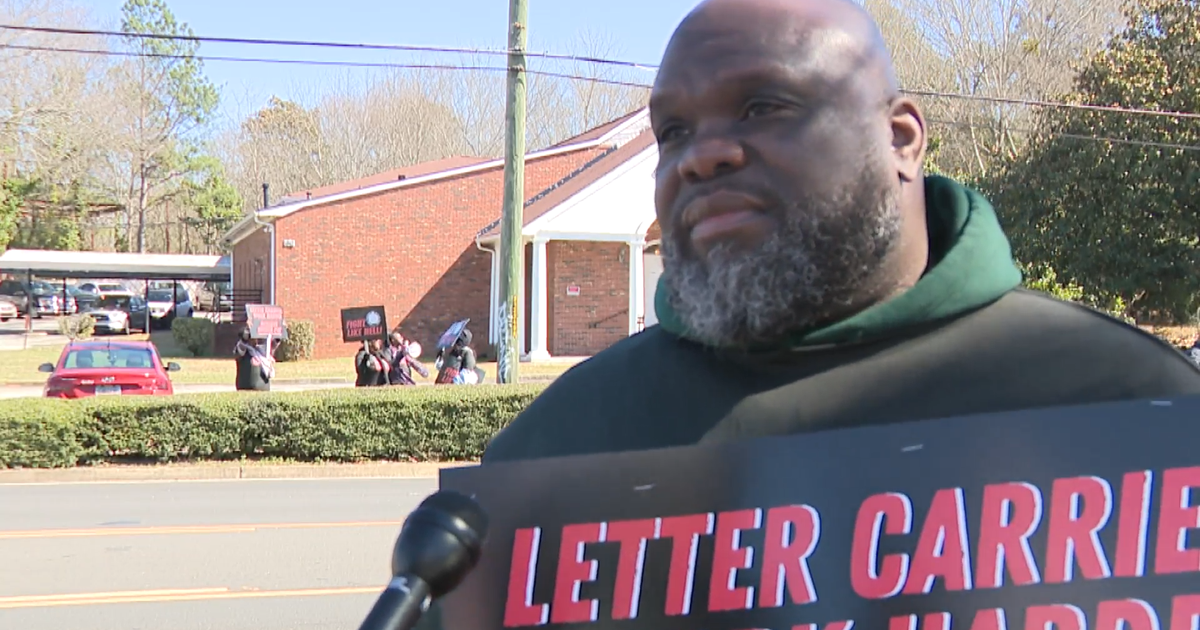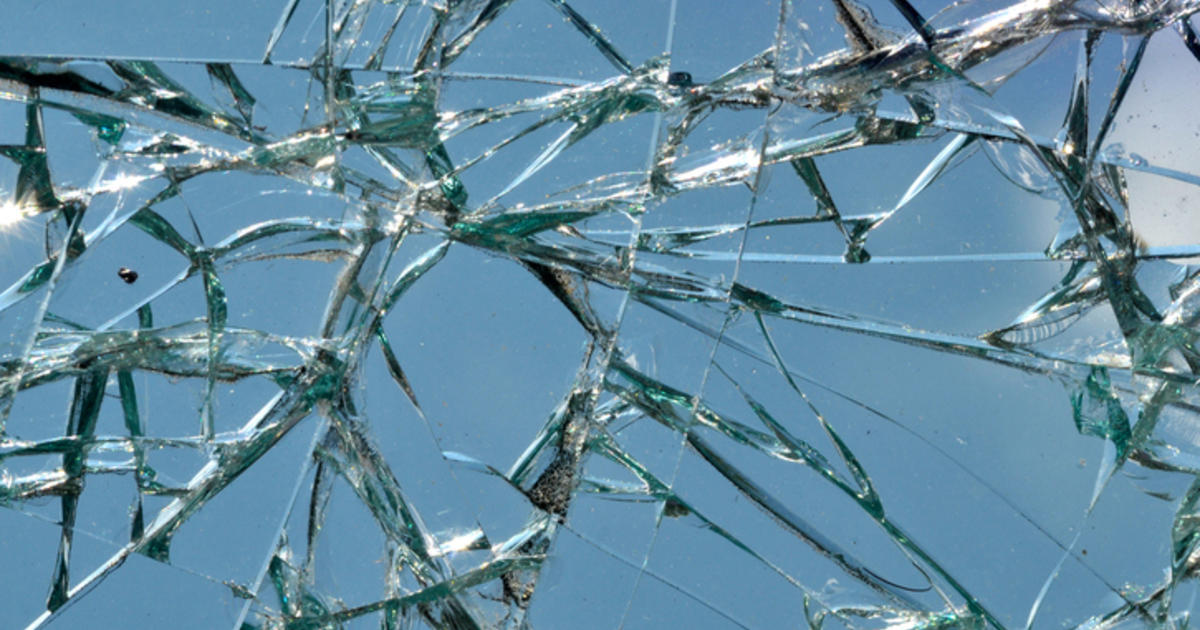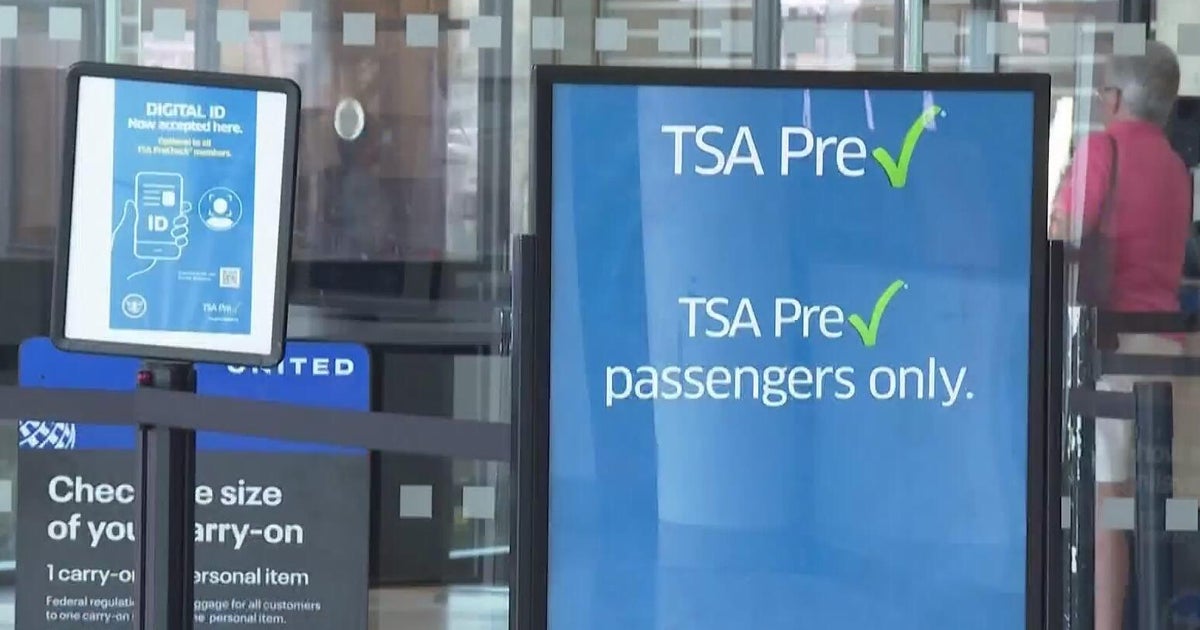Auburn Man Says Starbucks Habitually Shortchanges His Espresso
AUBURN (CBS13) — Starbucks is facing a class-action lawsuit for allegedly under-filling its lattes, and now its espresso drinks.
An Auburn man says it's been an ongoing problem for him and he wants Starbucks to do something about it.
"I order a double-shot of Espresso and only get one-and-a-half ounces," Robert King said.
He says he can prove he's been getting shortchanged by Starbucks since 2015. King started bringing his own shot glass to every Starbucks he orders from, and almost every time he fills it up with his double shot espresso, the glass measures one-and-a-half ounces.
"This is not an isolated case. It has happened at all the Starbucks I've gone to from Grass Valley all the way down to Elk Grove, and it's always short," he said.
King took CBS 13 to the Starbucks on Bell Road in Auburn, and again, his shot glass measured half an ounce below the two-ounces he ordered.
King isn't alone. A class-action lawsuit filed in February by two people in California alleges Starbucks under-filled their lattes. The lawsuit claims "Starbucks cheats purchasers by providing less fluid ounces in their lattes than represented. Starbucks lattes are approximately 25% under-filled."
In addition, the lawsuit says Starbucks profited by millions of dollars from under-filling customers' lattes.
Starbucks says it has a standardized recipe, and each size has its respective "fill to" line.
In a statement issued to CBS 13, Starbucks says claims against it under-filling lattes are untrue.
Starbucks adds, "We are proud to serve our customers high-quality, handcrafted and customized beverages, and we inform customers of the likelihood of variations."
King says he has complained to the store manager and to corporate, and says they only offered him an apology and a ten-dollar gift certificate.
King is asking for Starbucks to come clean with its customers, and says "they are cheating them, they are just trying to make a profit, and it's not right."
The lawsuit is asking for more than $5 million dollars in damages.
